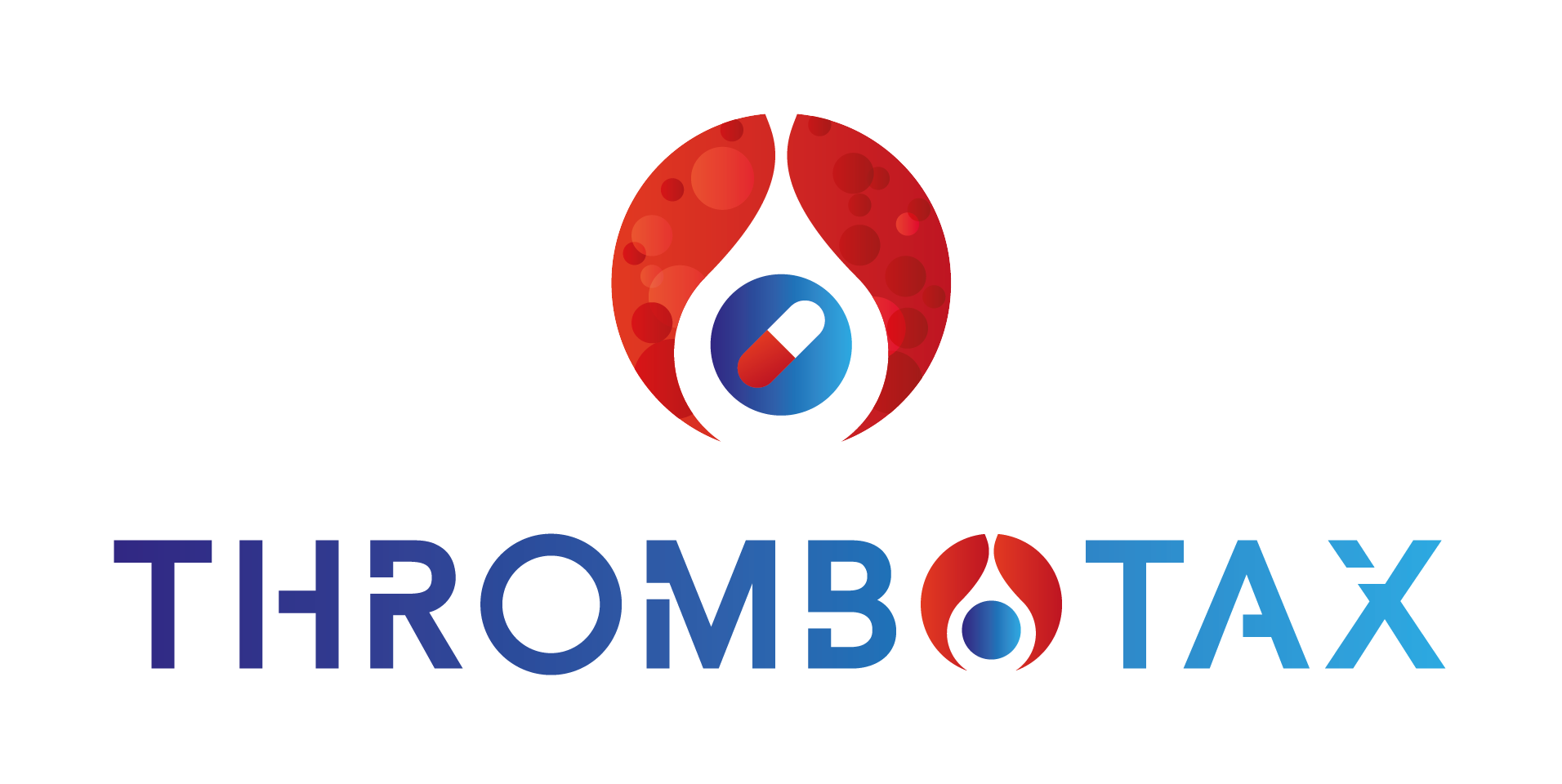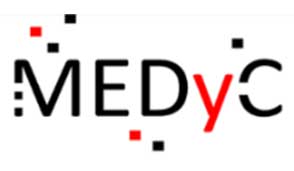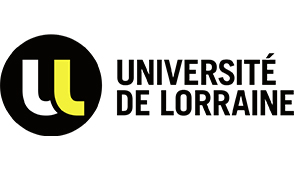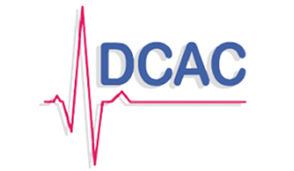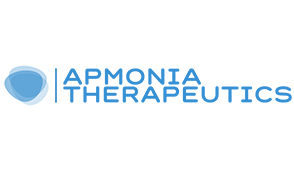Project

With nearly 13 million strokes recorded worldwide each year, strokes represent one of the major public health issues. It is the second leading cause of death in Europe overall (1 every 4 minutes) and the first for women. Acute ischemic strokes (AIS), that are caused by the obstruction of a cerebral artery by a blood clot, account for 85% of strokes. Despite advances in diagnosis and treatment, the incidence of stroke has increased by 70%, stroke deaths by 43%, and stroke prevalence by 102% in the last 30 years.

Even if antiplatelet drugs significantly reduce the risk of secondary events, a major drawback is the increased risk of bleeding. Due to this critical safety limit, these drugs are contraindicated for patients with pathological bleeding issues and/or experiencing surgical procedures, resulting in the inclusion of recommendations in the 2020 ESC NSTE-ACS guidelines.

Novel antithrombotic agents overcoming these limitations are urgently needed to reduce the risk of heart attack, stroke, and death.
Project & consortium
The THROMBOTAX program aims to get non-clinical proof of concept that selective TSP-1/CD47 antagonization can be a novel antithrombotic strategy for the treatment of ischemic injuries.
The project is supported by ANR over a period of 48 months (2022-2026)
THROMBOTAX is based on an academic-industrial consortium between UMR CNRS-University of Reims Champagne-Ardenne 7369 (MEDyC, Reims), specialized in the study of extracellular matrix (ECM) remodeling in diseases, and INSERM-University of Lorraine UMRS 1116 (DCAC, Nancy), being highly recognized in the field of thrombin-vessel wall interaction, together with Apmonia Therapeutics, a biotech company developing a first-in-class pipeline of next-generation peptide-based therapies targeting extracellular matrix components.
Consortium
UMR CNRS 7369 MEDyC (Extracellular Matrix and Cellular Dynamics) research unit uses multidisciplinary and multiscale approaches to decipher the mechanisms governing the remodeling processes of the ECM. MEDyC has acquired expertise in the development of tools and methods to identify and characterize biomarkers and therapeutic targets associated with the pathological microenvironment, especially in metabolic and vascular diseases such as thrombosis and atherosclerosis.
INSERM – University of Lorraine UMRS 1116 (Acute and Chronic Cardiovascular Deficiency) unit is a leader in clinical research (aging, heart failure, acquired chronic inflammatory vascular diseases and sepsis) and experimental research in mechanotransduction (arterial stiffness), thrombophilia and immuno-inflammatory diseases.
Apmonia Therapeutics is a biotechnology company developing innovative therapeutic strategies based on the targeting of the ECM. Leveraging recent advances in computational protein and peptide engineering, as well as state-of-the-art screening and validation technologies, Apmonia Therapeutics’ platform technology is focused on developing novel therapies for cancer patients.
